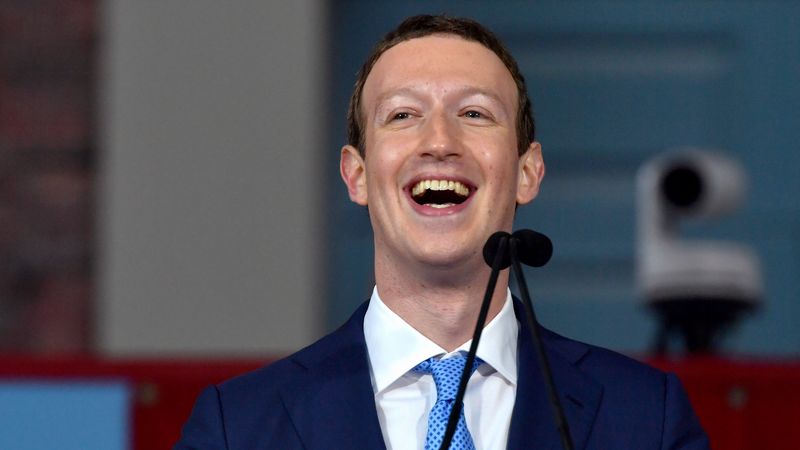
For argument’s sake, let’s believe that Google believes its newest efforts to boost publishers — by promoting subscriptions, news literacy and other things publishers like — will help publishers.
Let’s also believe that Facebook believed it was helping publishers when it announced its own effort to boost publishers a year ago, and multiple times since then.
Here’s the problem: No matter how hard Google and Facebook try to help publishers, they will do more to hurt them, because that’s the way they’re supposed to work. They’re built to eviscerate publishers.
You’re reading this on this site, so you know this, but we’ll remind you anyway: Publishers create and aggregate information and present it to users in return for their attention, which they sell to advertisers.
And that’s exactly what Google and Facebook do, too: Except they do a much better job of that. That’s why the two companies own the majority of digital ad dollars, and an even bigger chunk of digital advertising growth. (Yes, those numbers can change — but if anyone displaces Google or Facebook, it will be another tech company.)
It’s an irreversible trend, and it’s the one that has pushed every media company to belatedly try to figure out a subscription strategy, in hopes that consumers’ dollars can replace the ones advertisers are directing to Google and Facebook.
Not a coincidence: Both Google and Facebook say they want to help publishers sell subscriptions to their stuff. And both Google and Facebook range from uninterested to barely interested in selling subscriptions to their own stuff.
This isn’t about Facebook and Google’s PR efforts, which range from well-executed to bumbling to worse. (Do get publishers to speak enthusiastically and on the record about what you’re doing; don’t roll out a fact-checking plan that depends on Wikipedia without talking to Wikipedia first; definitely don’t (allegedly) threaten to sue journalists who write stories you don’t like.)
This is about the structure of the companies’ products — software, trained by billions of users, that efficiently connects people, content and advertisers, with as little human interference as possible.
Google says it will spend $300 million, over three years, on the initiatives it announced today. Which is a nice thing to do.
For context: That works out to about 1 percent of the ad revenue Google generated in the last three months of 2017. And that money won’t go to the publications themselves.
If Google and Facebook really wanted to help publications, they would start writing them real, substantial, shore-up-the-business-sized checks, presented as either a please-stop-yelling-about-us handout, or a “carriage fee,” which amounts to the same thing.
Up until the last couple of years, the chances of this happening were right around zero percent. Now a publisher who wishes for this kind of thing out loud doesn’t seem entirely delusional, because buying off — sorry, helping — publishers doesn’t seem like the very worst idea in this kind of news cycle.
But that kind of wealth redistribution would be a very radical step — not the kind of thing Google is announcing today.